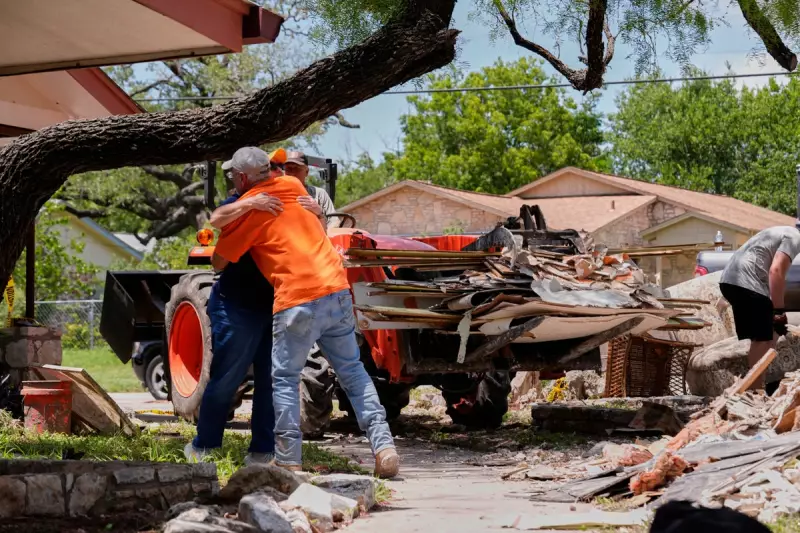
Disaster response specialists have delivered a devastating assessment of the Federal Emergency Management Agency's preparations for the catastrophic Hawaii wildfires, describing planning efforts as "woefully inadequate" and raising alarming questions about national emergency readiness.
Systemic Failures Exposed
Multiple experts who spoke with The Independent revealed that FEMA's planning for potential wildfires in Hawaii fell dramatically short of what was required. The agency's approach has been characterised as insufficient in scale and scope, despite clear warnings about the growing wildfire risk in Pacific regions.
"The level of preparedness was nowhere near where it needed to be," stated one senior disaster response official, who requested anonymity due to the sensitivity of the ongoing crisis. "We're seeing the consequences of systematic under-preparation playing out in real-time."
Resource Allocation Under Scrutiny
Critics highlight that FEMA's resource distribution and staffing levels in Hawaii failed to reflect the escalating threat of wildfires in the region. The agency's traditional focus on hurricanes and tsunamis appears to have created dangerous blind spots in addressing fire-related emergencies.
Key concerns raised by experts include:
- Inadequate pre-positioning of emergency supplies and personnel
- Failure to update contingency plans for changing climate conditions
- Insufficient coordination with local emergency services
- Limited understanding of unique Hawaiian topography and fire behaviour
National Security Implications
The criticism extends beyond Hawaii, with experts warning that similar preparedness gaps could exist nationwide. As climate change intensifies natural disasters, the adequacy of FEMA's planning and response capabilities has become a matter of urgent national security concern.
One homeland security specialist noted: "What we're witnessing in Hawaii isn't an isolated failure. It's symptomatic of broader challenges in adapting emergency management to evolving environmental threats."
Calls for Immediate Reform
The devastating Maui fires have ignited demands for comprehensive reform within FEMA and across the emergency management landscape. Specialists are calling for:
- Enhanced wildfire-specific training and equipment
- Improved inter-agency coordination protocols
- Increased funding for proactive disaster prevention
- Modernised risk assessment methodologies
"The time for incremental improvements has passed," emphasised a former FEMA official. "We need transformational change in how we prepare for and respond to these increasingly frequent catastrophic events."
As recovery efforts continue in Hawaii, the scrutiny of FEMA's performance serves as a stark warning about the critical importance of robust, forward-looking emergency preparedness in an era of escalating climate-related disasters.





